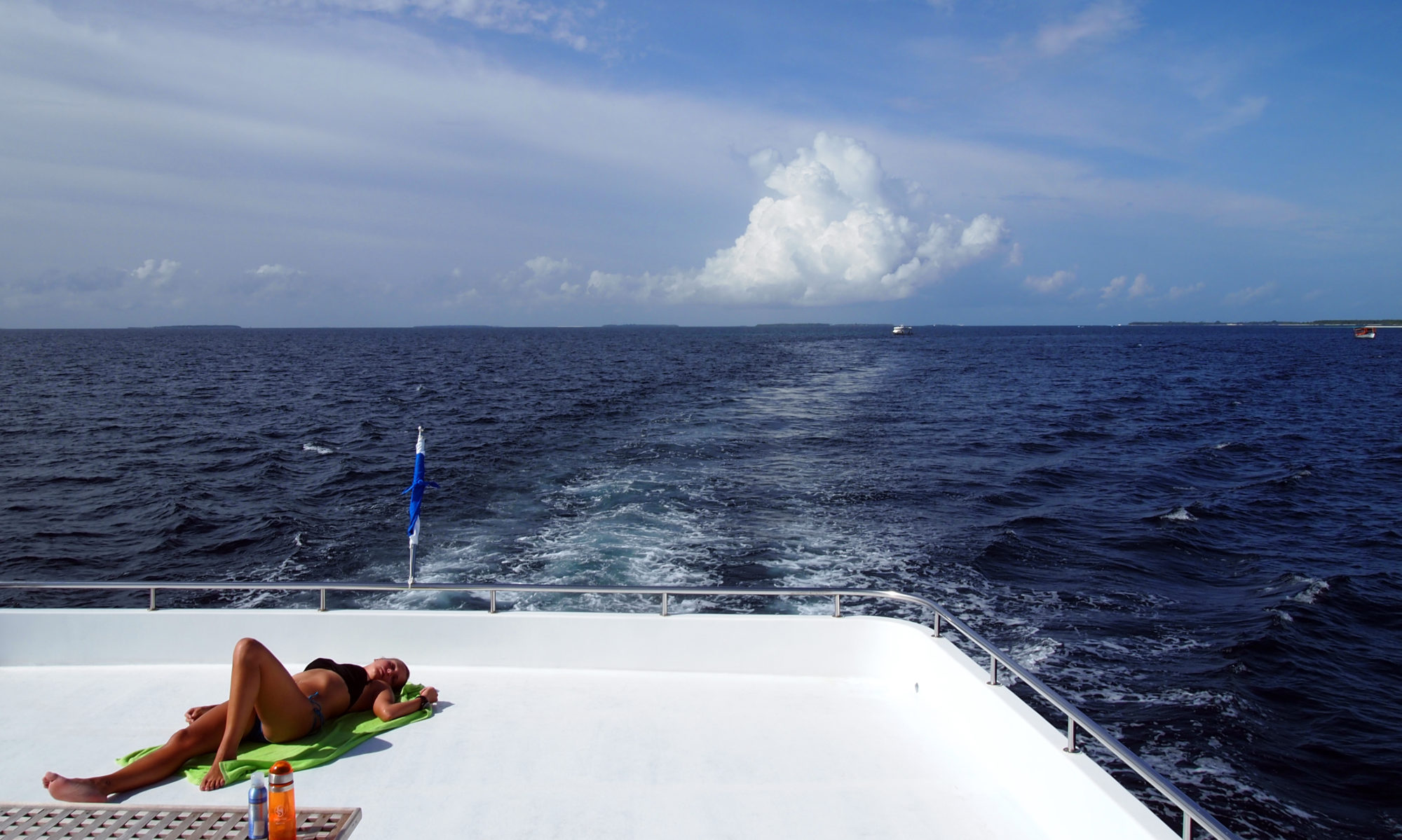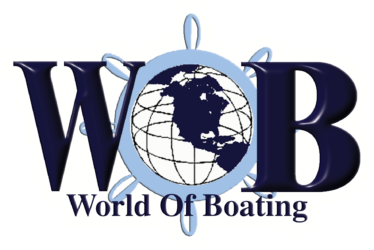Comments sought on propeller-strike report
The Coast Guard and the American Boat and Yacht Council released a draft report, “Human Factors Analysis of Propeller Strikes,” prepared by CED Investigative Technologies Inc.
The report concludes that no universal solution exists to mitigate the risk of injury from accidental contact with boat propellers — an issue that the Coast Guard has studied since as early as 1988.
“While no universal solutions exist for this problem, propeller guards have been shown to offer limited protection under certain conditions with particular hull types and engine combinations and are one method of mitigating this risk of injury,” the report states.
“Other mitigation methods should be studied to extend the opportunity of mitigating injury from propeller strikes,” according to the report. “These methods can include training, the use of alert technology, and even modifications to boat layout, such as the location of boarding ladders.”
The report is open for comment until April 11.
People injured by boat propellers have brought lawsuits against several boatbuilders in recent years.
The National Marine Manufacturers Association has formed a task force to review the report and provide comment. NMMA members who would like to participate or would like additional information are asked to contact Cindy Squires at [email protected]This e-mail address is being protected from spambots. You need JavaScript enabled to view it or (202) 737-9766.
Our view from the helm:
A universal solution is the utilization of common sense. You don't open the door of a moving car, jump out, get run over and sue the car or tire manufacturer because there wasn't a warning posted in the car stating that if you engaged in such activity it could cause serious injury or death.
There is an inherent risk in everything we do, from the time we get out of bed in the morning to, well, the time we get out of bed the following morning and so on.
It's high time that we as a society take responsibility for our actions and accept that fact that the majority of products out there are safe but can be dangerous and cause injury or death if not used properly.
Do we really need a warning on the side of a styrofoam cup that the hot coffee we ordered is “hot”? Or that propellers on boats, whether spinning or not, are sharp and can cut you? Specifically what is it about the marine industry that makes the consumer want to sue for their own lack of judgement?
There are laws regarding the mandatory use of seat-belts in cars. If a driver or their passengers choose to not use a seat belt and then are injured in an accident whose fault is that? The car manufacturer? The seat belt maker? Of course not. It's the fault of the person who chose to not secure a seat belt across their body just as it's the fault of the person that chooses to jump out of a boat with the engine still running, or the person who backs a boat up into one of their passengers, or the drunk boater who operates their boat in such a manner that their passenger falls overboard and is struck by the propeller.
It's been often said that there ought to be a law. It's a shame to think that for boaters there may just have to be.

